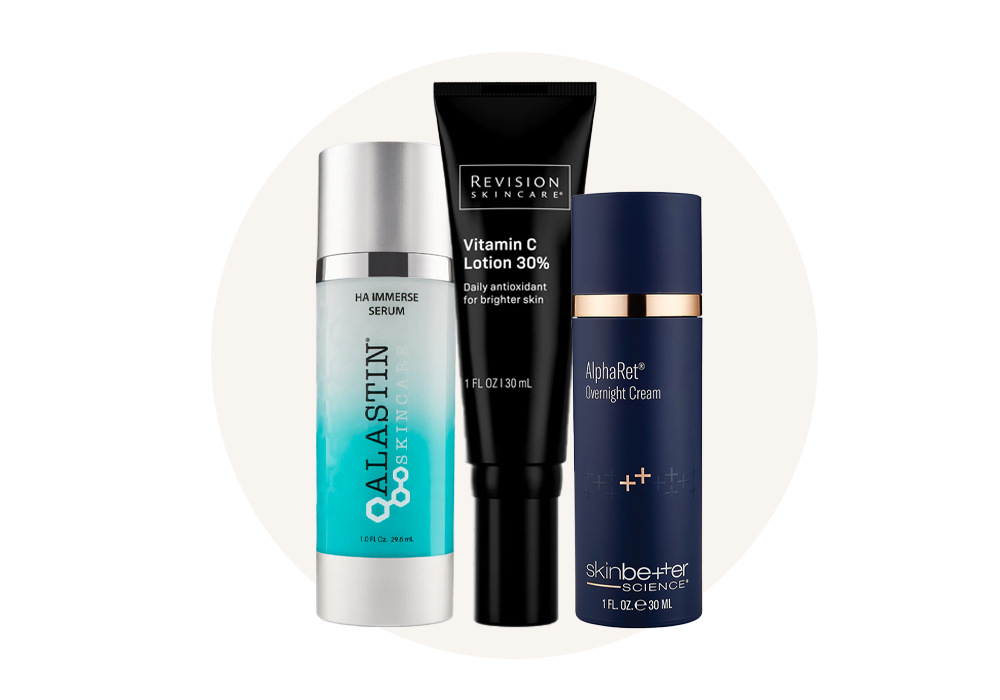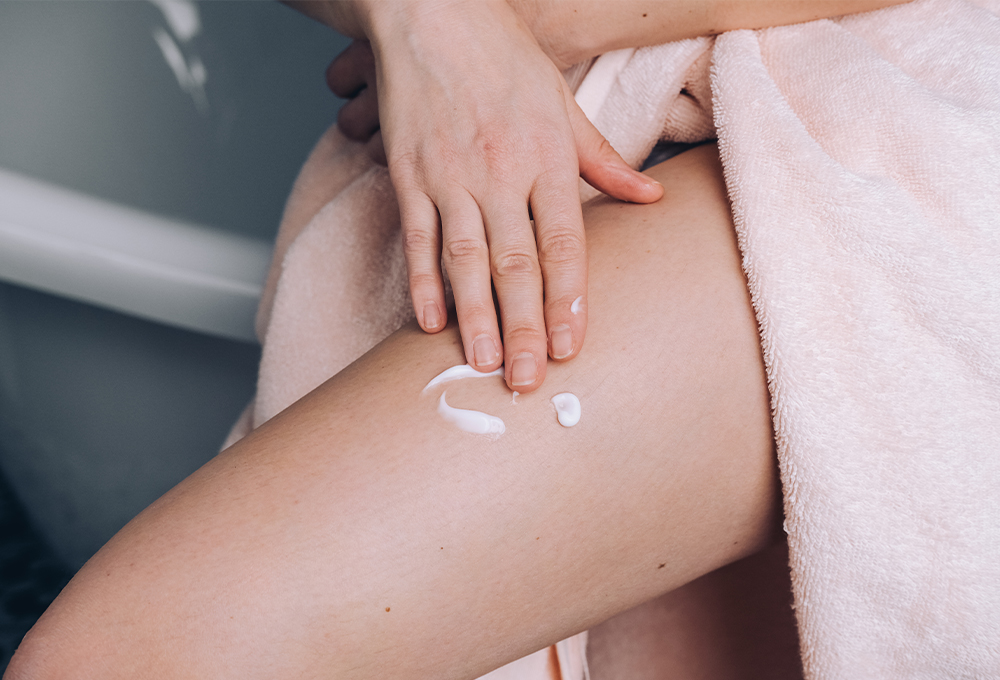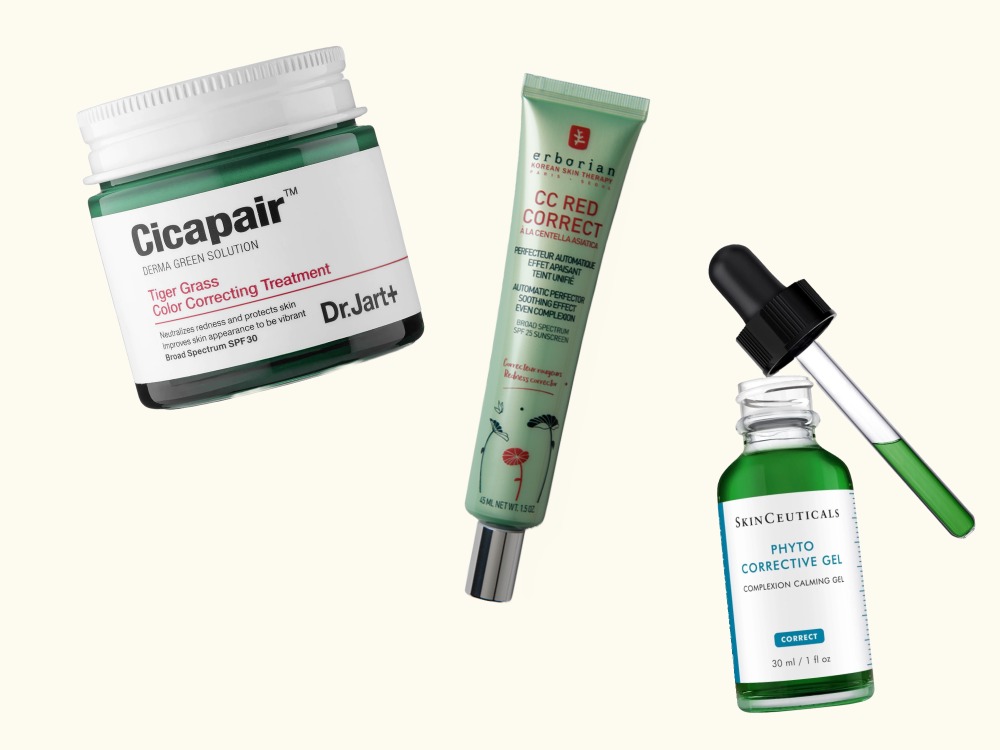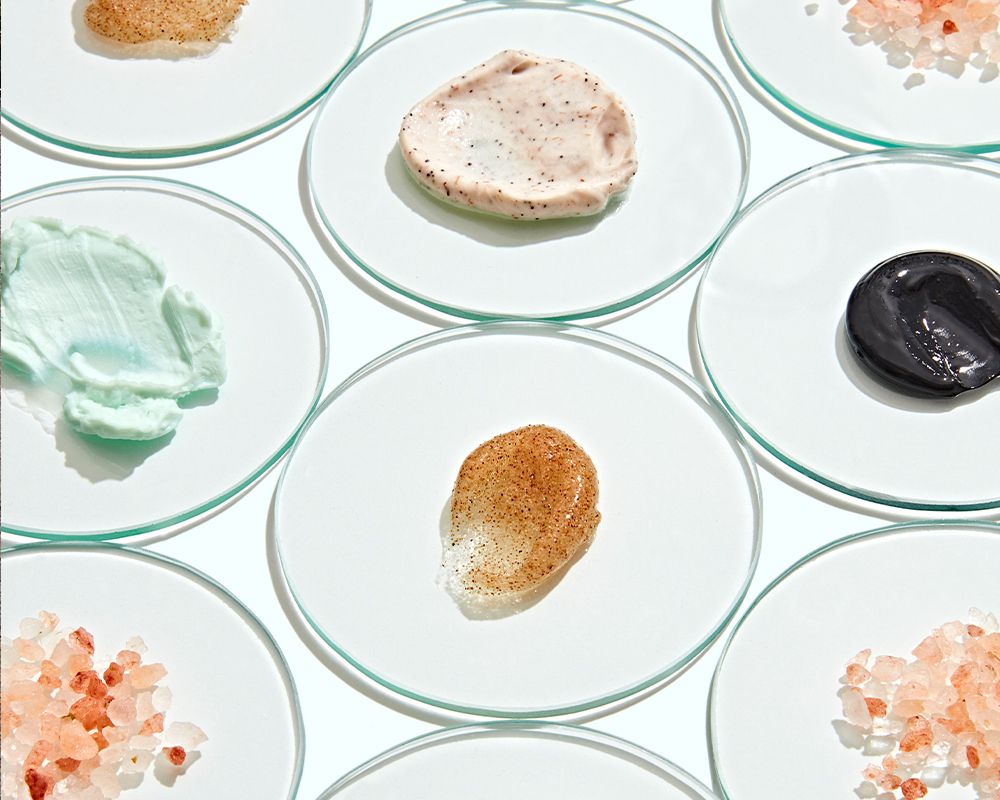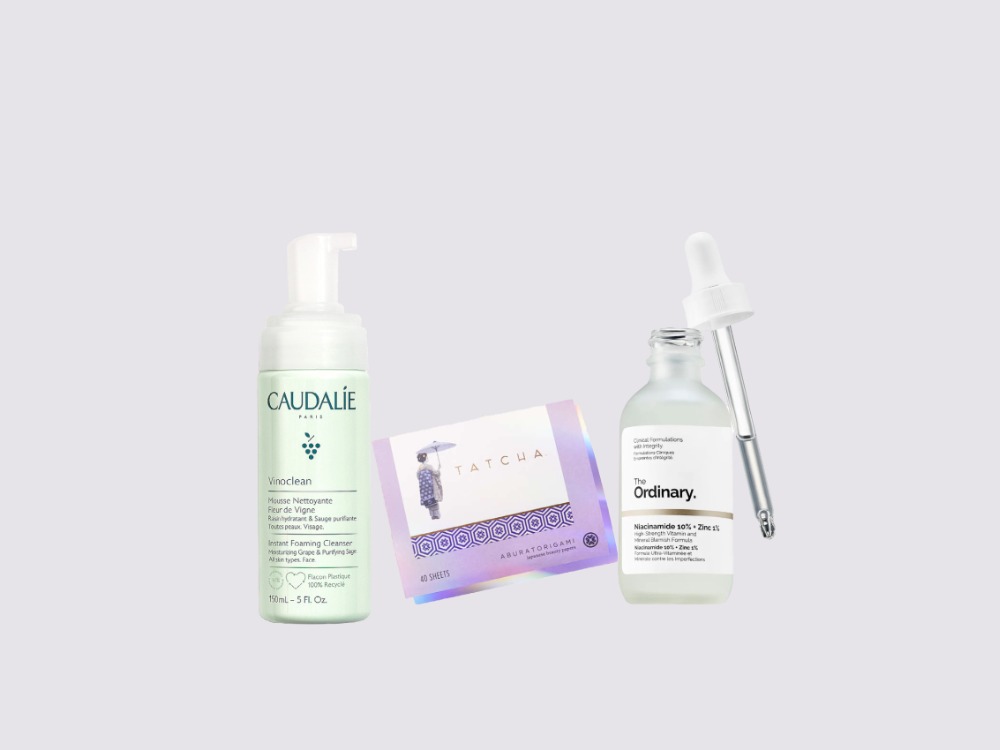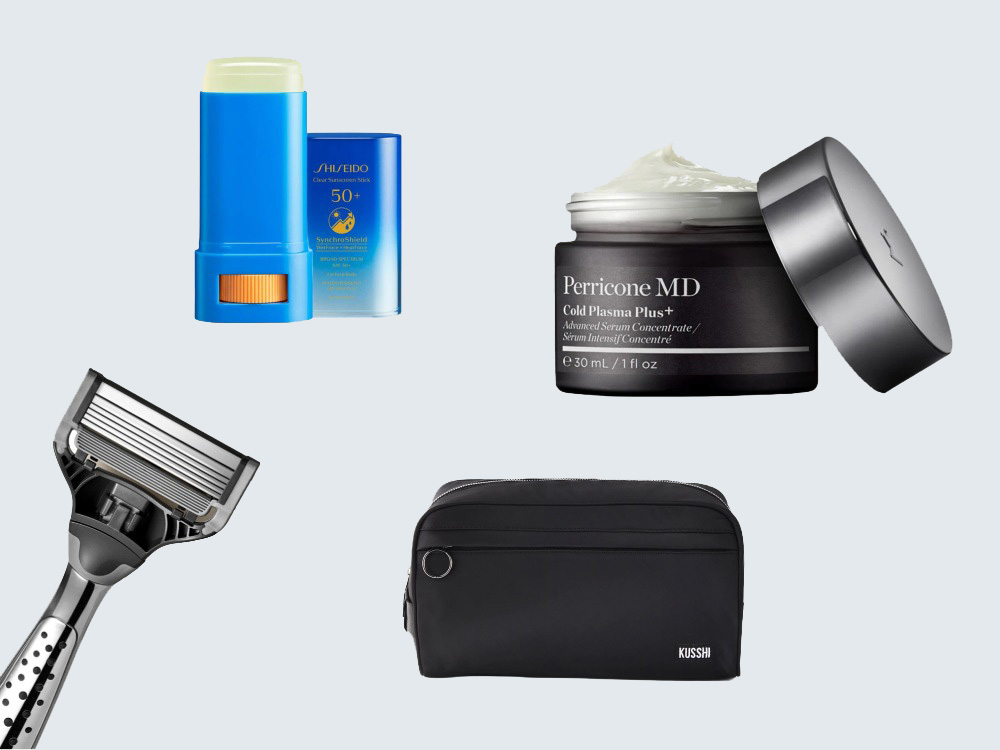If you’re dealing with autoimmune disorders, which may come in a variety of forms, one area where symptoms can being to crop up is on your skin, which is the body’s largest organ. In essence, what these disorders do is make the body attack itself from the inside out. Normally, white blood cells produce antibodies that combat harmful cells as they appear in the body. But with the many types of autoimmune disorders, which can include vitiligo, scleroderma, lupus, psoriasis and vasculitis, the opposite happens.
What’s Happening to Your Skin
The impairment of the immune system can make the skin more susceptible to chronic inflammation as well as cell and tissue damage. “Autoimmune disorders mean that a patient has excessive immune response to themselves,” says Nanuet, NY dermatologist Heidi Waldorf, MD. “The body’s immune system attacks otherwise healthy tissue.”
“As a dermatologist, I frequently see patients with new onset autoimmune disorders presenting to my office with rashes and photodermatitis, characterized by sun sensitivity,” adds Southlake, TX and Monroe, LA dermatologist Janine Hopkins, MD. “Certain skin findings prompt a workup that leads to the diagnosis of autoimmune disease, such as systemic lupus erythematosus, where the antibodies from the immune system are causing inflammation in the skin as well as other organ system such as the joints.”
And while no two disorders are the same, the symptoms that present in each patient can vary from flakiness, dryness, redness, rashes and more. Two patients with the same disorder may have different symptoms entirely, making pinpointing the right treatment a little difficult. “Skin reactions to autoimmune disorders are diverse and vast based on the actual disorder,” notes Dr. Waldorf.
What to Try
As a rule, sun protection is key, especially for those with compromised immune systems. “Addressing skin-care needs should always include protection from sun exposure with a broad-spectrum UVA and UVB sunscreen daily,” says Dr. Hopkins.
As for what to use to treat your skin, the experts say anti-inflammatory products are a good first step. “I try to avoid treating their skin with steroids as much as possible and instead take advantage of more botanical-based antioxidants such as polyphenyl and resveratrol,” Dr. Hopkins says.
“Other than sun protection and maintaining a healthy skin barrier, there are no recommendations that can cover all autoimmune diseases—that just doesn’t make any medical sense—so you should seek the guidance of a board-certified dermatologist who can help you through the process of what works for you,” adds Dr. Waldorf.
New Treatments on the Horizon
According to Dr. Hopkins, a new drug category called Janus kinase inhibitors are soon to emerge in the U.S. to help control inflammatory and autoimmune skin diseases better than the traditional steroid creams and lotions: “Until those become available, I recommend my patients use clean products that are calming and soothing to the skin as well as a healthy lifestyle by following an anti-inflammatory diet with meditation, rest and nonimpact exercise.”




